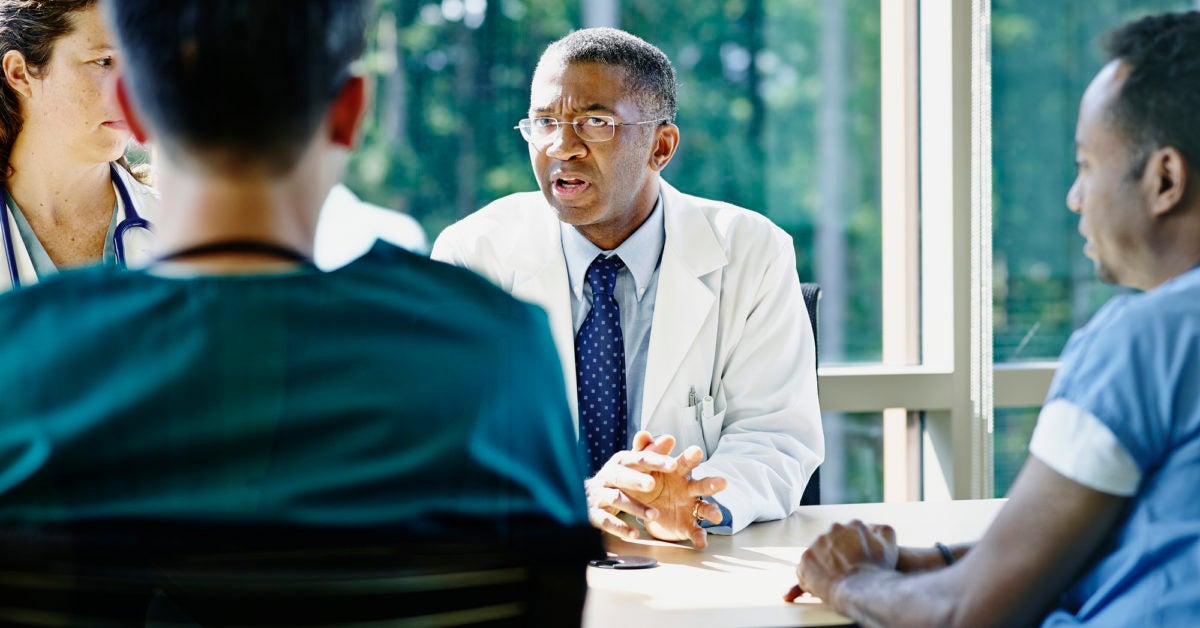CDC say US must prepare for coronavirus spread
Companies, agencies, institutions, etc
the Centers for Disease Control and Prevention
CDC
the National Center for Immunization and Respiratory Diseases
pandemic.“The
the State Department
Health & Human Services
Messonnier
Community Mitigation Guidelines to Prevent Pandemic Influenza
Q&A
The World Health Organization (WHO
People
Nancy Messonnier
Messonnier explained.“We’ve
Coronaviruses
Groups
European
COVID-19.These
Coronaviridae
Physical locations
Coronavirinae
Places
No matching tags
Locations
the United States
U.S.
Italy
China
Messonnier
Events
No matching tags

Summary
As the coronavirus disease, or COVID-19, continues to spread around the globe, the CDC have issued a statement saying that U.S. federal agencies are actively preparing for the potential spread of the new coronavirus — SARS-CoV-2 — at local level.In yesterday’s telebriefing session, Dr. Nancy Messonnier, the director of the National Center for Immunization and Respiratory Diseases, also advised that the U.S. population should take stock of the preventive actions available in the case of a pandemic.“The global novel coronavirus situation is rapidly evolving and expanding,” said Dr. Messonnier, referring to recent developments in Italy and elsewhere.Currently, there are 53 confirmed cases of COVID-19 in the U.S., according to the CDC’s own data. “There is no current backlog or delay for testing at CDC,” she clarified, adding that officials are taking steps to make tests commercially available.In the Q&A session at the end of the telebriefing, Dr. Messonnier noted that, while the CDC’s shift in strategies may appear disproportionate to the problem, their stance is to be safe rather than sorry.“I continue to hope that, in the end, we’ll look back and see that we were overprepared, but that is a better place to be in than being underprepared,” she stated.While the CDC warned that a possible pandemic — and the ensuing response to it — could cause “severe disruption” to people’s lives through missed work and school commitments, or by affecting finances, other public health organizations are concerned about the profound social rifts that a moral panic could cause globally.The World Health Organization (WHO) have recently stated that “[i]n the case of COVID-19, there are an increasing number of reports of public stigmatization against people from areas affected by the epidemic.” “Unfortunately, this means that people are being labeled, stereotyped, separated, and/or experience loss of status and discrimination because of a potential negative affiliation with the disease,” the WHO note, emphasizing that social stigma could worsen disease spread.That is because stigmatization can “drive people to hide the illness to avoid discrimination, [p]revent [t]hem from seeking health care immediately, [and] [d]iscourage them from adopting healthy behaviors,” the WHO explain.“We are not just fighting to contain a virus and save lives.
As said here by Maria Cohut Ph.D.